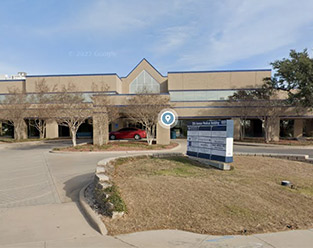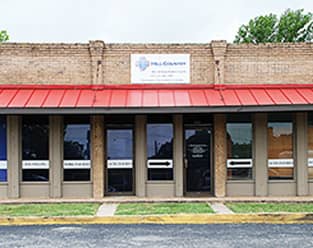The Common Communication Challenges You May Face
 Your brain is the command center for your body, governing your physical as well as your mental health and well-being. When you’ve received a bump or blow to the head, even if it seems inconsequential, you may experience changes to or challenges with your ability to communicate with others. That, in turn, may affect your social skills and make it difficult or impossible for you to fully function in interpersonal or group interactions.
Your brain is the command center for your body, governing your physical as well as your mental health and well-being. When you’ve received a bump or blow to the head, even if it seems inconsequential, you may experience changes to or challenges with your ability to communicate with others. That, in turn, may affect your social skills and make it difficult or impossible for you to fully function in interpersonal or group interactions.
What Are the Common Communication Problems that Arise after a TBI?
In the aftermath of any type of head injury, you may exhibit any or all of the following symptoms:
- Trouble putting your thoughts and ideas together into coherent sentences or paragraphs
- Challenges verbalizing the thoughts and ideas that are in your head—this may stem from a condition known as dysarthria, the loss of the ability to use the muscles necessary to form words
- An inability to put your thoughts or ideas down on paper in any coherent or understandable form
- Difficulties understanding the speech or verbal communication of others, or comprehending written documents, including the inability to read nonverbal cues, or understand when another person is done speaking
- An inability to follow and/or participate in verbal exchanges with others—this may include challenges choosing or staying on topic, recognizing verbal cues, or understanding the impact of changes in tone or pitch, or the use of emphasis or emotion to signify subtle shades of meaning
Contact Us to Set Up an Appointment
At Advantage Healthcare Systems, we have extensive experience working successfully with individuals who suffer any type of concussion, TBI or traumatic brain injury. Call us toll-free at 1-866-586-1755 or fill out the form provided below to schedule an assessment. We offer locations across Texas, including Fort Worth, Dallas and San Antonio.





